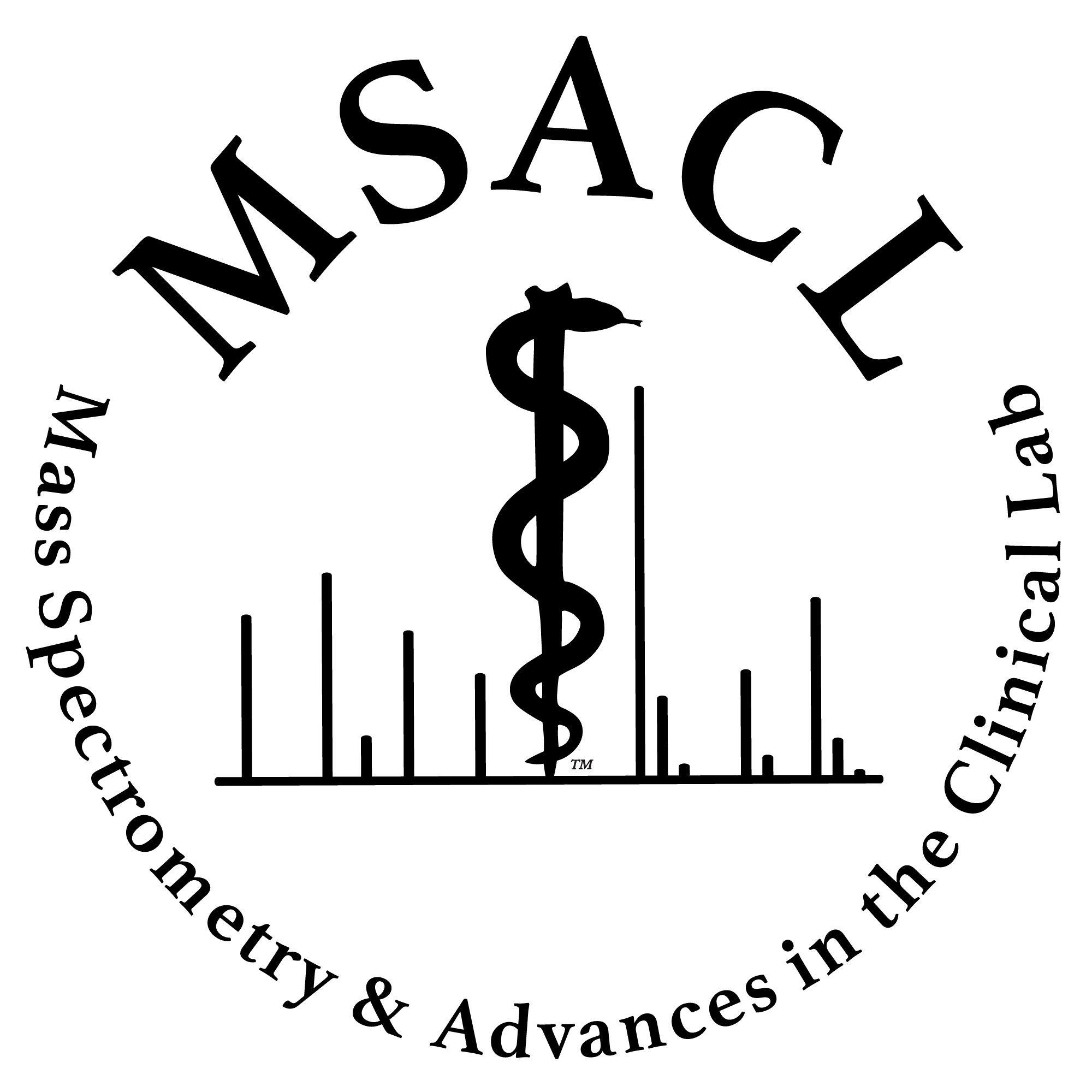MSACL 2023 Abstract
Self-Classified Topic Area(s): Practical Training
|
|
Podium Presentation in Colton on Wednesday at 14:00 (Chair: TBA)
 How To Achieve Lower Quantification Limits How To Achieve Lower Quantification Limits
Russell Grant
Labcorp

|
Russell Grant, PhD (Presenter)
Labcorp |
|
Presenter Bio: Dr. Grant earned a first-class honors degree in Industrial Chemistry from Cardiff University and a PhD in Chromatographic and Mass Spectrometric technologies from the University of Swansea, Wales, United Kingdom. He continued his scientific training in various industrial settings, which have included senior scientist at GSK, Principal scientist at Cohesive Technologies, Technical director at Eli Lilly, and Director of Mass Spectrometry at Esoterix Endocrinology. Dr Grant is currently the Vice President of Research and Development and co-discipline director for Mass spectrometry at Labcorp. Dr Grant has pioneered the use of direct injection technologies, chromatographic systems multiplexing, microsampling, utility of automation, and other new analytical platforms in direct patient care. His research goals are focused upon improvements in speed, sensitivity, and quality of liquid chromatography with tandem mass spectrometric (LC-MS/MS) analytical systems and assays. Dr Grant has been awarded 100 patents and received both the MSACL Distinguished contribution award and ASMS AL Yergey “Unsung Hero” Award in 2024 for his contributions to Clinical Diagnostics using Mass Spectrometry. |
|
|
|
|
Abstract LEVEL: ADVANCED
The answer isn't necessarily buy a newer mass spectrometry, it is attention to details and maximizing each step of the process. This one hour session will be presented in three modules.
The first module, Foundations, will focus on assessment and improvements to pipetting techniques, control of adsorptive losses and use of surrogate IS studies to assess imprecision reduction during assay development.
The second module, Formulation, will focus on system cleanliness, the fallacy of S:N, LC system dead-volume and flow rate implications, ionization efficiency enhancements, source and optics fouling, the value of signal summing + scheduled MRM and quadrupole resolution settings.
The third module, Finesse, will tie these concepts and practical solutions together to demonstrate their use for assays that have been developed, validated and deployed. Particular focus will be made to detailed establishment of “on-column” amount, controlling adsorptive losses throughout the assay, 2D-LC to decouple selectivity and sensitivity variables, selectivity and stoichiometry of reagents in worst case specimens, the consideration that while counter counter-intuitive, more degrees of selectivity (analyte losses) may be optimal for an assay
Take Home Pearls:
- How to practically improve an assay performance as defined by lower levels of quantification
- How to enhance the throughput of an LC-MS/MS assay by paying attention to the little details
- How to enhance signal responses in a mass spectrometer without sacrificing quality"
|
|
Financial Disclosure
| Description | Y/N | Source |
| Grants | no | no |
| Salary | yes | Labcorp |
| Board Member | no | no |
| Stock | yes | Labcorp |
| Expenses | no | no |
| IP Royalty | no | no |
| Planning to mention or discuss specific products or technology of the company(ies) listed above: |
no |
|

